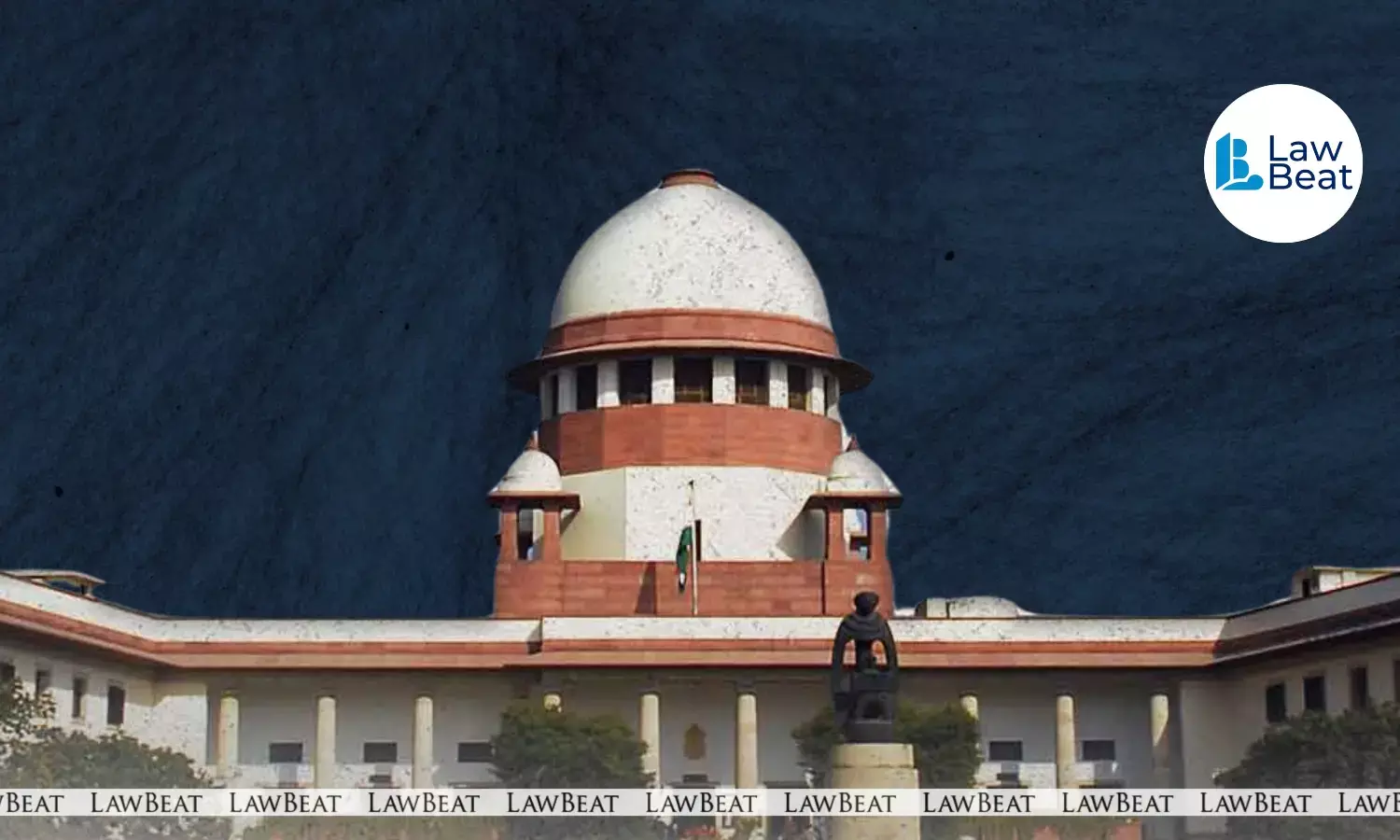Supreme Court Bars Double Taxation on Works Contracts, Upholds Deduction for Sub-Contractors Under KVAT Act

The Supreme Court has ruled that payments made by a principal contractor to registered sub-contractors cannot be included in the taxable turnover of the principal contractor under the Karnataka Value Added Tax (KVAT) Act, 2003.
A bench of Justices J.B. Pardiwala and K.V. Viswanathan dismissed the State’s appeal against a Karnataka High Court judgment that had favoured the assessee. The apex court held that deducting payments made to sub-contractors is consistent with law and prevents the unjust situation of double taxation on the same transaction.
Skyline Construction, a registered dealer under the KVAT Act engaged in the business of executing works contracts, sought an advance ruling on whether payments made to its sub-contractors should be included in its taxable turnover. The Authority for Advance Rulings had denied the deduction, reasoning that no specific provision existed for such exclusion before March 31, 2006. Dissatisfied, the company appealed before the High Court.
The Karnataka High Court, in its 2009 order, had sided with the company. It held that for the period prior to March 2006, the consideration for execution of a works contract referred only to the amount received by the main contractor for the portion of work executed personally, not for portions completed by sub-contractors. The deduction, however, was permissible only if the sub-contractors were registered dealers who had accounted for and paid tax on their part of the work.
The State of Karnataka challenged this interpretation in the Supreme Court, contending that Section 15 of the KVAT Act envisaged tax on the total turnover of the principal contractor and that such exclusions were legally impermissible. The State relied on the decision in State of Kerala v. Builders Association of India (1997), arguing that the High Court had misconstrued the nature of composition tax under Section 15.
Rejecting these arguments, the Supreme Court held that the High Court’s reasoning was “in consonance” with its earlier judgment in Larsen & Toubro Ltd. v. State of Andhra Pradesh (2008). It reaffirmed that under the principle of accretion, the property in goods used in construction passes directly from the sub-contractor to the client, and not through the main contractor. Therefore, including such payments in the main contractor’s taxable turnover would amount to taxing the same value twice.
The bench clarified that the deduction of payments made to sub-contractors “cannot be equated with input tax credit,” since the transaction itself falls outside the main contractor’s taxable scope. The court emphasized that in a composite construction project, each contractor or sub-contractor bears separate tax liability for their own portion of work, provided they are registered and have paid applicable taxes.
Concluding the matter, the Supreme Court dismissed the revenue’s appeal, affirming that payments made to sub-contractors registered under the Act must be deducted when determining the taxable value of the main contractor’s works contract.
Case Title: Authority For Clarification And Advance Rulings, Gandhinagar, Karnataka & Anr Vs M/s Skyline Construction & Housing Pvt Ltd
Judgment Date: October 9, 2025
Bench: Justices J.B. Pardiwala and K.V. Viswanathan
